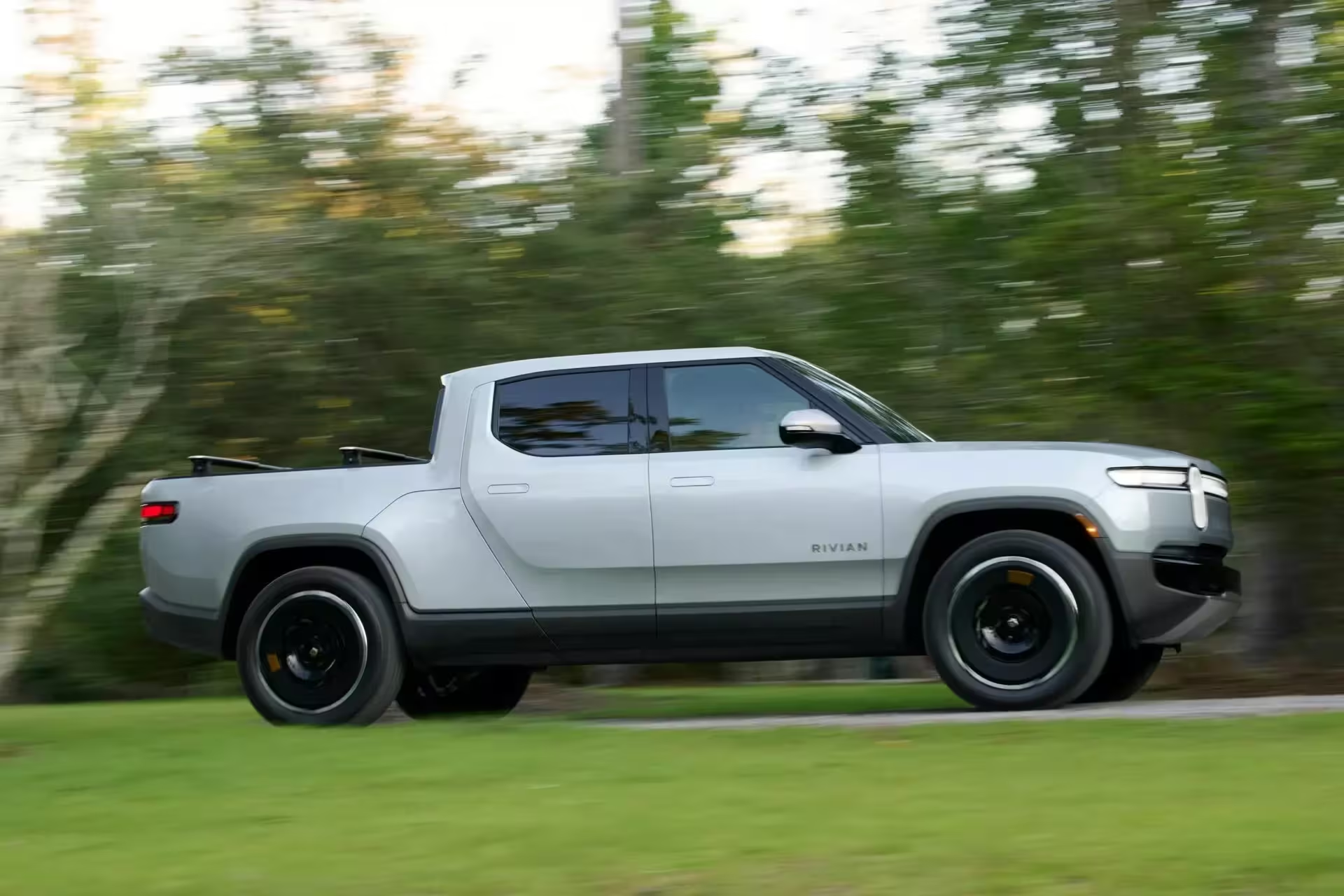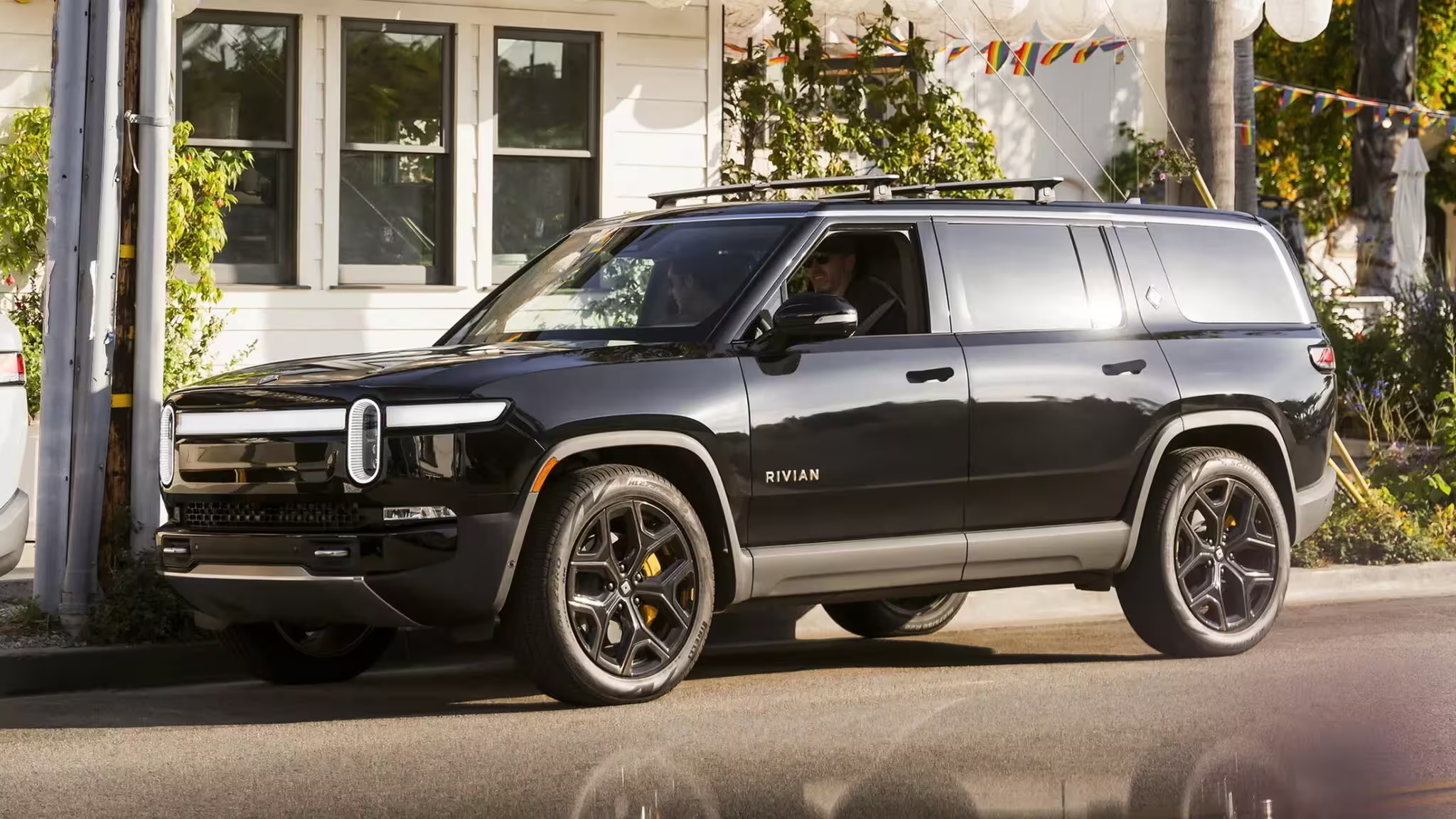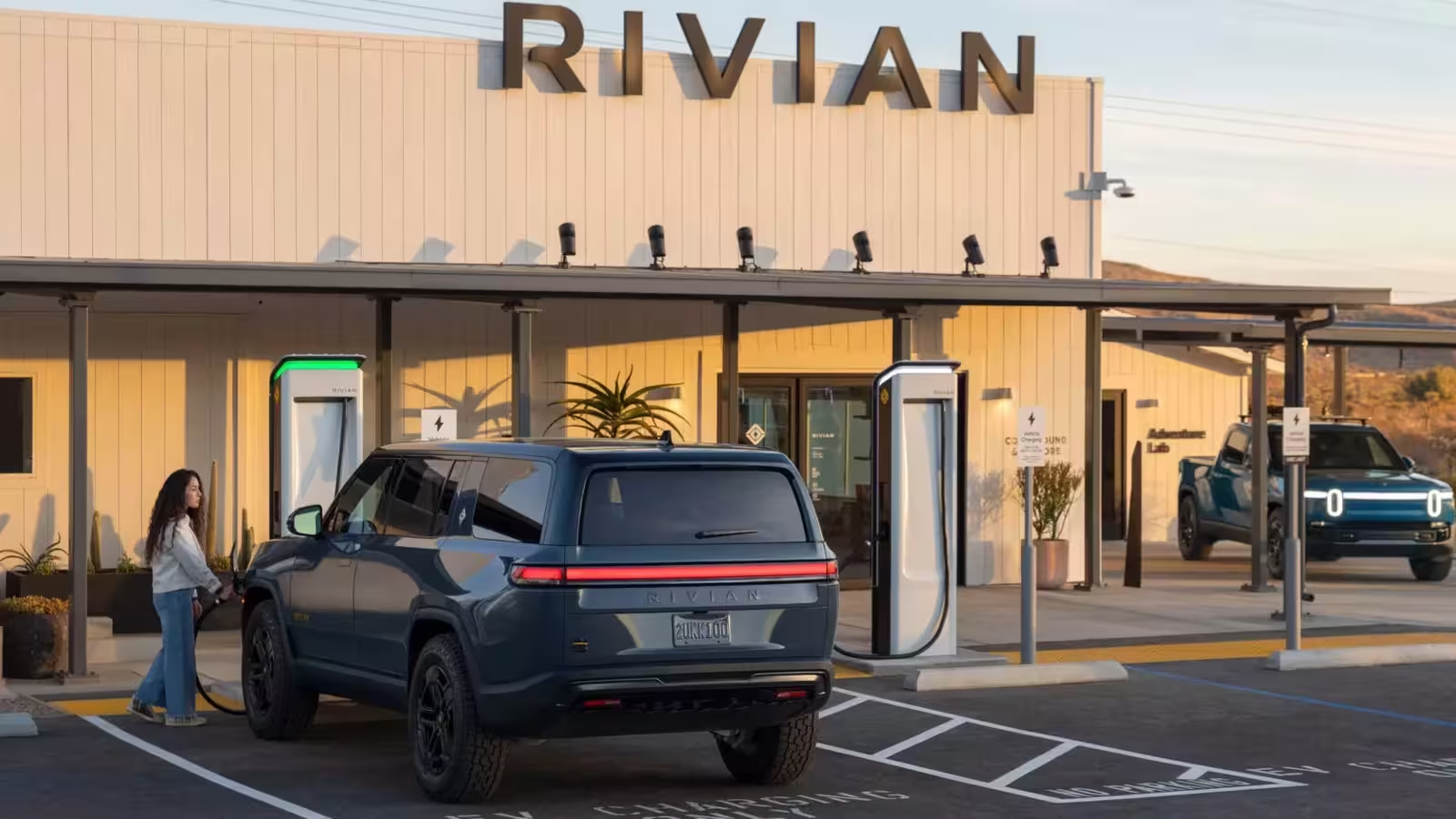3 Minutes
Rivian Challenges Ohio's Ban on Direct Car Sales
For car enthusiasts and prospective electric vehicle buyers, the evolving landscape of automotive sales in the United States is a hot topic. Rivian, one of the most prominent new players in the EV market, is now at the heart of a pivotal lawsuit against Ohio, aiming to overturn the state's ban on direct-to-consumer sales. This legal case could have far-reaching implications, potentially reshaping how vehicles are bought and sold not only in Ohio but across the country.
The Direct Sales Dilemma
Despite growing customer demand for convenient, factory-direct purchasing, many states, including Ohio, maintain restrictive laws that favor traditional dealership sales models. Currently, Rivian is prohibited from selling its electric trucks and SUVs directly to Ohio residents within the state. Buyers are forced to go through out-of-state locations for their purchases, even though Rivian can provide warranty service, repairs, vehicle rentals, and deliver out-of-state vehicle purchases within Ohio. This contradiction underscores the complex legal hurdles modern automakers face when challenging the industry's traditional frameworks.
The Lawsuit: Breaking Down Archaic Restrictions
Rivian has formally sued the Ohio Bureau of Motor Vehicles, arguing that the existing legislation is outdated and unfairly disadvantages both consumers and emerging automotive brands. The company's legal filing points out that such regulations create unnecessary inconvenience and inflate costs for potential buyers. Rivian's Chief Administrative Officer, Mike Callahan, emphasizes that consumer choice and market competition are fundamental to a thriving economy, and that current Ohio law limits both.

Vehicle Specifications, Design, and Performance
Rivian’s lineup, headlined by the R1T electric pickup and R1S SUV, has quickly earned praise for innovative design, robust off-road capabilities, and impressive battery range. With all-terrain adaptability, fast charging, and cutting-edge infotainment systems, Rivian positions itself as an appealing choice for tech-savvy drivers looking for sustainable mobility without sacrificing performance.
Market Positioning and Industry Comparisons
While Tesla has already negotiated a deal with the Ohio BMV allowing in-state sales, Rivian’s fight may set new legal precedents for other brands like Lucid and Scout Motors that are also pushing for direct sales. Rivian’s vehicles stand out through their blend of luxury and utility, challenging traditional automakers and offering unique alternatives in the electric vehicle market.

The Road Ahead: Legal and Industry Impact
If Rivian succeeds, the victory could pave the way for nationwide changes in how automakers interact with consumers, improve accessibility to electric vehicles, and increase competition in the automotive sector. This unfolding legal battle is one that car buyers, industry insiders, and electric vehicle fans will want to watch closely as it may redefine the car buying experience in America.
Source: carscoops


Leave a Comment